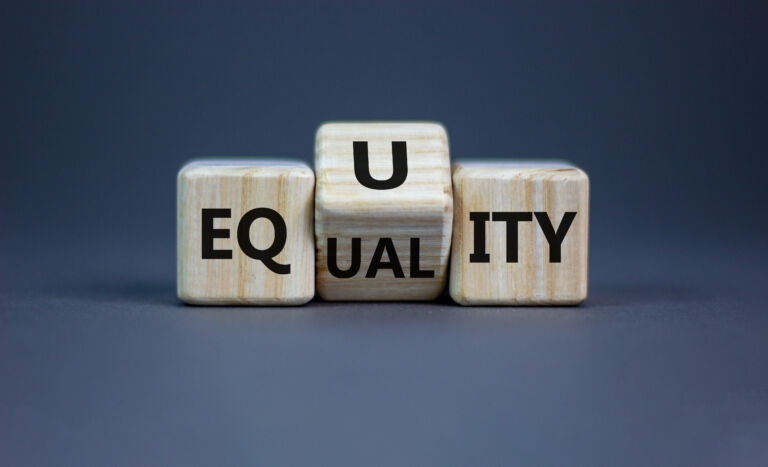The greatest beneficiaries of capitalism are those at the bottom of the income ladder. That’s why I favor capitalism. Were that not the case, I would not be in favor of capitalism. Milton Friedman feels the same way. — Nobel laureate economist Gary Becker
Free enterprise is the most effective antipoverty tool known to man. For whatever reason, it’s also the one tool that self-aggrandizing, self-proclaiming “moral” advocates for the poor expressly avoid discussing if not actively oppose.
Be that as it may, as Steven Horwitz writes for the Foundation for Economic Education:
Nothing has done more to lift humanity out of poverty than the market economy. This claim is true whether we are looking at a time span of decades or of centuries. The number of people worldwide living on less than about two dollars per day today is less than half of what it was in 1990. The biggest gains in the fight against poverty have occurred in countries that have opened up their markets, such as China and India.
If we look over the longer historical period, we can see that the trends today are just the continuation of capitalism’s victories in beating back poverty. For most of human history, we lived in a world of a few haves and lots of have-nots. That slowly began to change with the advent of capitalism and the Industrial Revolution. As economic growth took off and spread throughout the population, it created our own world in the West in which there are a whole bunch of haves and a few have-more-and-betters. …
The reality is that the rich have always lived well historically, as for centuries they could commandeer human labor to attend to their every need. In a precapitalist world, the poor had no hope of upward mobility or of relief from the endless physical drudgery that barely kept them alive.
Today, the poor in capitalist countries live like kings, thanks mostly to the freeing of labor and the ability to accumulate capital that makes that labor more productive and enriches even the poorest. The falling cost of what were once luxuries and are now necessities, driven by the competitive market and its profit and loss signals, has brought labor-saving machines to the masses. When profit-seeking and innovation became acceptable behavior for the bourgeoisie, the horn of plenty brought forth its bounty, and even the poorest shared in that wealth.
The entire piece is well worth the read; I wince at the highlights I’m leaving out.


